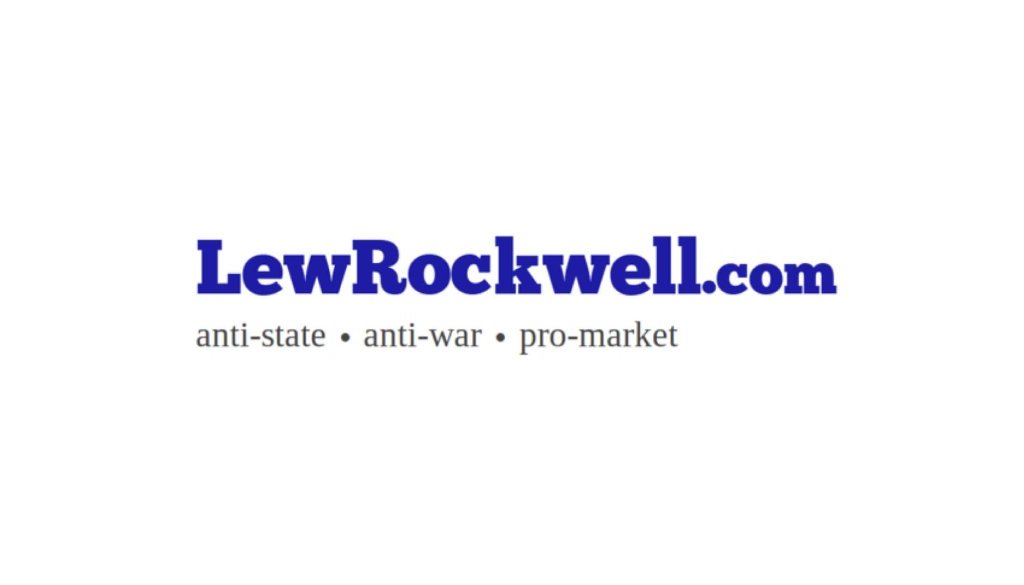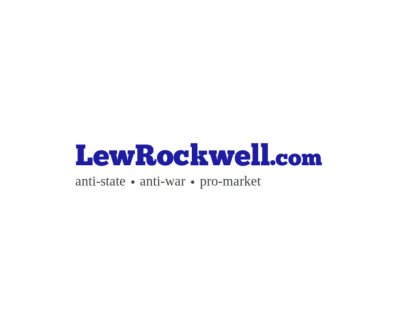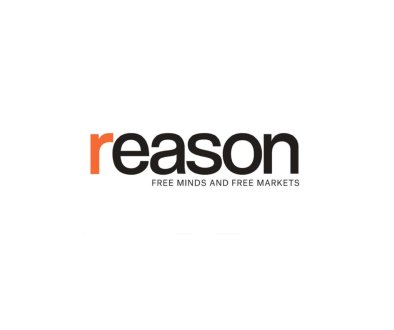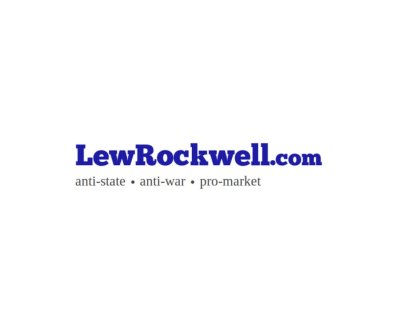The Winners and Losers in 21st Century America
There are always statistical games that can be played to mask the realities of our neofeudal economy and society. But “narrative control” can’t obscure the facts or the banquet of consequences that these realities have set.
Not everyone in America gained ground as a result of the rampant hyper-financialization and hyper-globalization of the 21st century. Let’s begin our analysis of who gained ground and who lost ground in the year 2001, when China entered the WTO (World Trade Organization) and offshoring / globalization shifted into high gear and when the Federal Reserve began ramping up its financialization / monetary manipulation–oops, sorry, policy interventions.
The top 1% and the top 10% gained ground. The bottom 90% lost ground, especially the bottom 50%. Wage earners lost ground, while corporate insiders, financiers, speculators using leverage and those lucky enough to be born long enough ago to buy assets at pre-bubble valuations gained ground.
If you want to argue with these facts, argue with the Federal Reserve Database. All these charts are drawn from the St. Louis Federal Reserve FRED Database.
Let’s start with the varying multiples generated by asset bubbles since 2001.
NASDAQ up 9.3X
Corporate profits up 6.2X
Case-Shiller Housing Index up 3X
Those are some serious bubbles, given that $1 in 2001 is $1.80 in today’s currency.
If the NASDAQ index had risen at the same rate as inflation since 2001,
Article from LewRockwell

LewRockwell.com is a libertarian website that publishes articles, essays, and blog posts advocating for minimal government, free markets, and individual liberty. The site was founded by Lew Rockwell, an American libertarian political commentator, activist, and former congressional staffer. The website often features content that is critical of mainstream politics, state intervention, and foreign policy, among other topics. It is a platform frequently used to disseminate Austrian economics, a school of economic thought that is popular among some libertarians.




